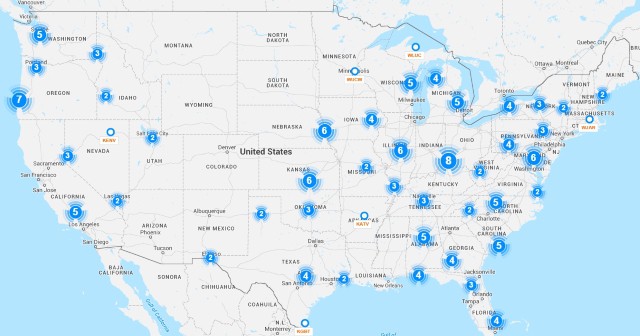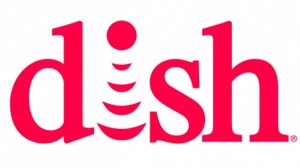 More than five million Dish Network customers in 36 states can once again watch Sinclair-owned TV stations on the satellite service after the head of the Federal Communications Commission intervened to end the largest TV station blackout in U.S. history.
More than five million Dish Network customers in 36 states can once again watch Sinclair-owned TV stations on the satellite service after the head of the Federal Communications Commission intervened to end the largest TV station blackout in U.S. history.
On Tuesday, Sinclair ordered its 129 stations to pull the plug on Dish subscribers after the satellite company failed to reach terms on extending its carriage agreement.
Dish accused Sinclair of “failing to negotiate in good faith” and noted the two companies had reached an agreement on a price to continue carrying the TV stations. What derailed the deal? Sinclair demanded Dish carry a new cable network focusing on high school and college sports it was planning to eventually launch. The TV station group owner also wanted to right to negotiate carriage contracts for another 23 stations Sinclair does not own, but operates under joint-sales agreements. Last March, the FCC prohibited such agreements but Sinclair believed its stations were grandfathered and not subject to the FCC’s ruling.
The large number of stations involved and the potential subscriber impact of dropping more than 100 stations all at once may have given Sinclair extra confidence to pull off a game of hardball. Dish lost 81,000 pay-TV customers in the second quarter of 2015, compared with a loss of 44,000 a year earlier. Dish is also no stranger to these kinds of disruptive disputes, having been involved in 32 of 74 major programming blackouts since 2013.
Earlier this month, Sinclair executives also told investors during an earnings call that the retransmission consent contracts with 75% of its distribution partners (cable, telephone and satellite companies) were up over the next year, giving Sinclair the chance to reset renewal rates higher to boost revenue.

Sinclair owned television stations (the numbers show the number of TV stations Sinclair owns and operates in a region.)
In a research note, BTIG analyst Richard Greenfield said Sinclair’s “greed” was likely to backfire on the company.
“Sinclair’s actions vis-à-vis Dish look to us like lighting a match in a dry brush field,” Greenfield wrote. “The government is looking for reasons to get more involved to help consumers. Sinclair may have finally given them a blatant enough excuse.”
 Greenfield was right.
Greenfield was right.
The dispute attracted the attention of FCC chairman Thomas Wheeler who requested “an emergency meeting” with the two companies yesterday to focus on the dispute. Wheeler had previously warned the FCC was taking a closer look at the growing number of station and network interruptions that anger paying customers. So far this year, there have been 145 station and network blackouts according to the American Television Alliance. Last year there were 107. In 2010, there were 12.
While most carriage disputes are about a disagreement over the fair value of a network’s programming, this high-profile battle already reached a settlement on that issue.
“At first blush, Sinclair’s actions sound crazy,” says Greenfield. He is convinced Sinclair has blatantly violated FCC rules by demanding to negotiate for stations it does not own. He also thinks demanding fees for a future cable network could run afoul of federal antitrust laws.
In this latest standoff, and under pressure from the FCC, Sinclair appears to have blinked first and programming was restored for Dish subscribers beginning late Wednesday, as an agreement between Sinclair and Dish was reached. The terms were not disclosed.
“On behalf of more than 5 million consumers nationwide, I am pleased Dish and Sinclair have agreed to end one of the largest blackouts in history and extend their negotiations,” Wheeler said before a final agreement was announced. “The FCC will remain vigilant. Use of the public airwaves is a public trust.”


 Subscribe
Subscribe